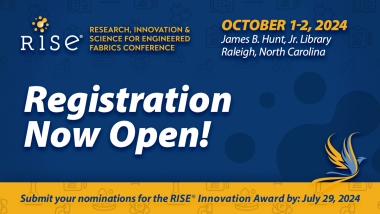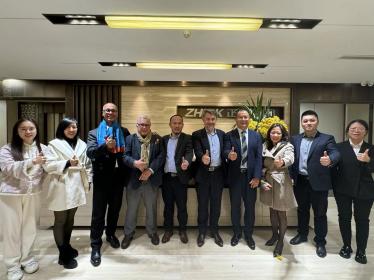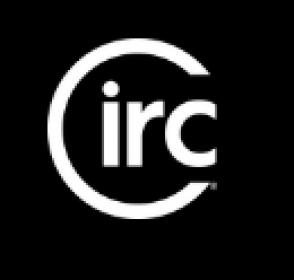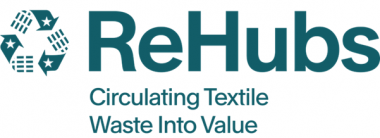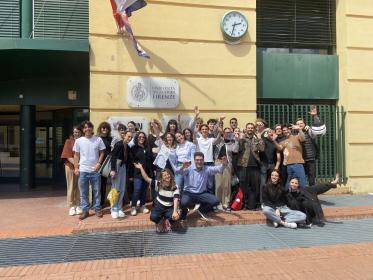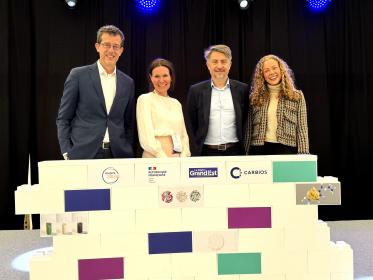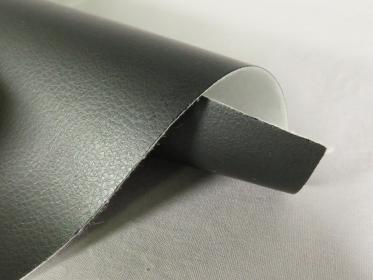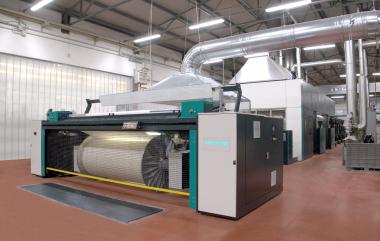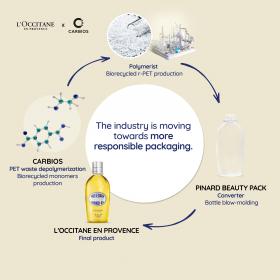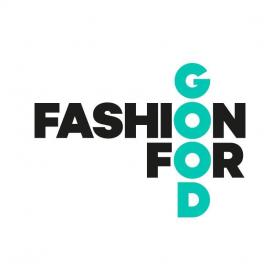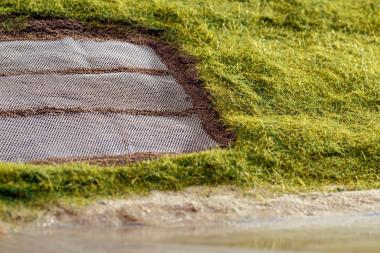RISE® 2024: Registration Is Open
Registration is open for RISE® 2024 (Research, Innovation & Science for Engineered Fabrics). Industry leaders will convene to discover cutting-edge nonwoven research and advancements, October 1-2, James B. Hunt, Jr. Library, North Carolina State University, Raleigh, NC. The theme for this year’s event is “Sustainability Solutions: Manufacturing More with Less.”
The RISE program will focus on these key topics:
- Disruptive Innovation & Enabling Technology
- Advancements in Natural & Bio-Based Fibers
- Sustainability in Chemistry
- Energy Efficiencies in Machinery
- Advanced Recycling Techniques & Methods
- In the News: Legislation & Regulation
Prior to RISE, continuing the program begun last year, there will be complimentary webinars featuring technology advancements and innovations. More details and topics will be announced at a later date.
The program highlights for RISE include:
- RISE® Innovation Award – three finalists will compete for the Award with the winner being announced Wednesday afternoon, October 2nd. Nominations may be submitted through July 29th via the INDA website: https://www.inda.org/awards/rise-innovation-award.html
- The Nonwovens Institute will host a tour of their $65 million-plus, 60,000 square-foot facilities featuring state-of-the-art equipment, pilot lines, and analytical laboratories on Tuesday, October 1st. An RSVP is required and space is limited.
- A Welcome Reception on Tuesday evening, October 1st, at the Lonnie Poole Golf Course.
- Graduate Student Poster session with their latest research during the Welcome Reception.
- New to RISE: Nonwoven Bonding Fundamentals course which will provide a detailed overview of the major fabric bonding processes used to make nonwovens. More details are available here: https://www.inda.org/training/advanced-training.php
- 18-hole Golf Tournament, Monday, September 30th, Lonnie Poole Golf Course, with a start time of 12 pm. Space is limited and registration is required.


